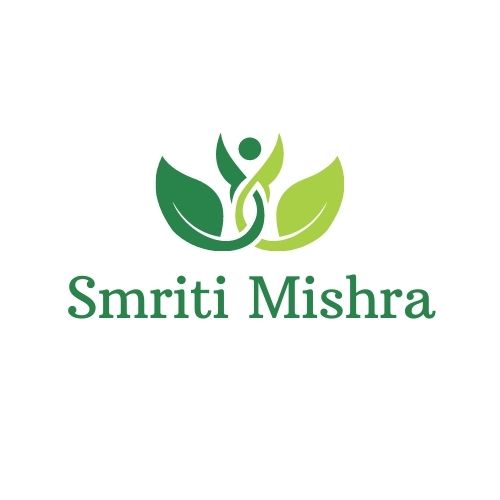Polycystic Ovary Syndrome (PCOS), recognized as Polycystic Ovary Disorder (PCOD) in some regions, presents a widespread challenge for women worldwide. Its prevalence of 5-10% among women of reproductive age spans across diverse ethnicities and geographical areas, casting a global shadow on women’s health. In India, where PCOD affects 9-22% of women in this age group, its impact is particularly pronounced, revealing a pressing need for effective management strategies. Recent research illuminates the transformative potential of diet in managing PCOD symptoms and even reversing its course.
Studies, including one published in the Journal of Clinical Endocrinology & Metabolism, highlight the significant benefits of adopting a low glycemic index (GI) diet. Such dietary changes can enhance insulin sensitivity, regulate hormone levels, and promote weight loss, thereby alleviating PCOD symptoms and improving overall health. Globally, the recognition of diet’s profound impact on PCOD management is gaining traction, with healthcare practitioners increasingly incorporating nutritional interventions into treatment plans. As awareness grows and research continues to unveil the therapeutic potential of diet, a paradigm shift towards holistic approaches to PCOD care is emerging on the global stage.
PCOD: A Global Concern
In the world’s population of women of reproductive age, PCOD affects approximately 5-10%. This prevalence is consistent across diverse ethnicities and geographical regions, making PCOD a global health issue. Women with PCOD often experience irregular menstrual cycles, excessive hair growth, acne, and weight gain. Beyond these visible symptoms, PCOD can also lead to long-term health complications such as type 2 diabetes, cardiovascular disease, and infertility.
PCOD in India: An Alarming Trend
India bears a particularly high burden of PCOD, with studies suggesting a prevalence rate of 9-22% among Indian women of reproductive age. Factors such as genetic predisposition, lifestyle changes, and environmental influences contribute to the rising incidence of PCOD in India. Moreover, cultural stigma and limited access to healthcare services further exacerbate the challenges faced by women with PCOD in India.


 What is a PCOD-friendly diet?
What is a PCOD-friendly diet?